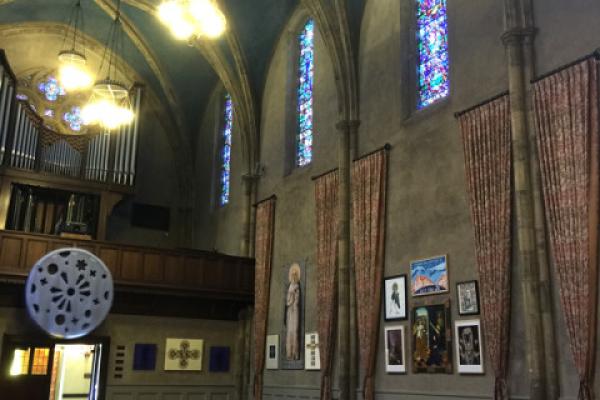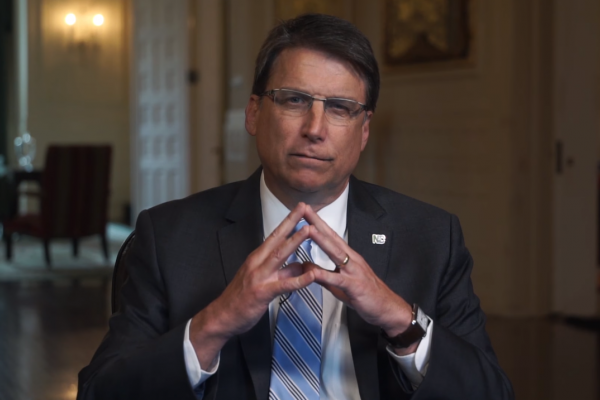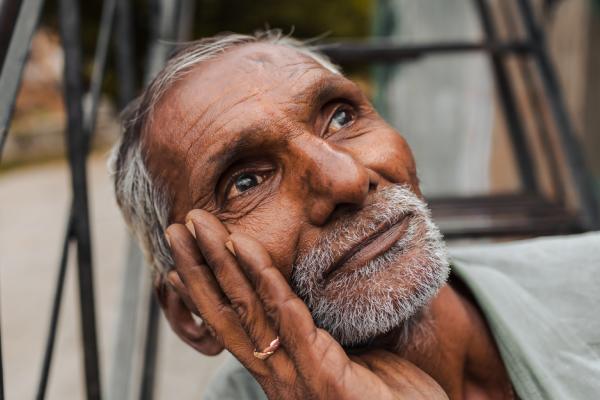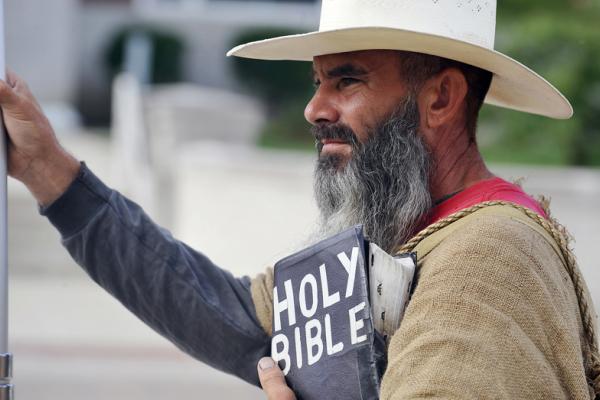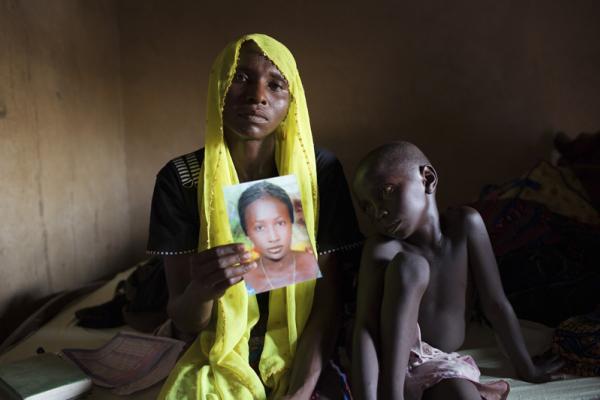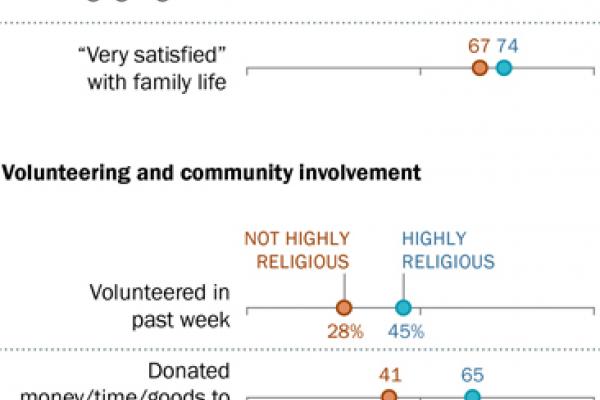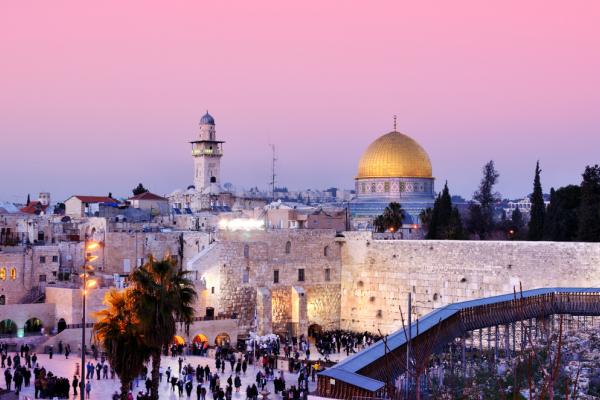To walk into First Congregational Church of Los Angeles on a Sunday morning is to see all the trappings of the mainline Protestant denominations pundits say are dying for lack of innovation, of relevance, of connection to the world outside church walls. There’s the robed pastor and choir, the 20,000-pipe organ playing the expected Bach interlude, the white-draped Communion table set with silver goblets, the well-thumbed pew Bibles, and the paper church bulletin being used as a fan by a couple of overly warm parishioners.
After significant backlash from both activists and corporations, North Carolina Gov. Pat McCrory (R) amended a state law that eliminated anti-discrimination protections for gay and transgender rights.
Listening to faces is hard work and has to be developed slowly over time. We live in a world that teaches us to speak twice as much as we listen, or to speak without listening at all. Yet, over time, listening to faces will grow the most important thing we can have in our hearts — deep empathy for each person we encounter every day.
What does the Bible have in common with Fifty Shades of Grey or one of John Green’s best-selling young adult novels? For the first time in nearly a decade, the Bible made the list of the American Library Association’s 10 most frequently challenged books last year.
Developing real estate is not new to justice-minded groups — religious organizations from New York City to East Africa are weighing the symbolic meaning invested in their land against practical survival plans for the mission. What makes Union’s plans particularly upsetting to campus protesters is its location. When Union announced it was in talks with a developer to build condominiums on campus, the move was met with outcry from some students, alumni, and faculty. But President Jones said this move is nothing new for the school — only now, perhaps, it’s more public.
Pope Francis has named the Vatican’s envoy to Mexico as his new ambassador to the U.S., replacing the Vatican diplomat who sparked controversy last September by setting up a secret meeting between the pontiff and Kim Davis, the Kentucky county clerk who briefly went to jail rather than certify same-sex marriages. The appointment to Washington of French-born Archbishop Christophe Pierre, now the Vatican’s representative, or nuncio, in Mexico City, was announced by the Holy See on April 12.
Two years after the abduction of nearly 300 Chibok schoolgirls by Boko Haram militants in northeast Nigeria, some parents are still hoping their daughters will one day be rescued. But some church leaders there are concerned that the authorities have not done enough to rescue the girls, who were ages 16 to 18 at the time of the kidnapping on April 14, 2014. About 50 of the girls escaped, but 219 remain missing.
In the United States, women earn 79 cents for every dollar that a man makes, but for female clergy the gap is higher. According to the Bureau of Labor Statistics, in 2015 women of the cloth made 76 cents for every dollar that male pastors, priests, and ministers made. A few pennies here, a few pennies there — it may not sound like a lot, but a 14-cent gap amounts to a $12,000 difference in annual earnings.
Look around. Three in 10 people you see claim they are pretty satisfied with life, happy, healthy, and moral, too. They’re the “highly religious,” 30 percent of U.S. adults who say they pray daily and attend church at least once a week.
The largest gathering of Muslim leaders in the world kicks off a five-day conference that will call for a new peace process to end the Israeli-Palestinian conflict. Other weighty issues at the Organization of Islamic Cooperation summit include combatting extremism within Muslim nations, countering Islamophobia in the rest of the world, and protecting the Rohingya — a group of Muslims suffering persecution in Myanmar.
